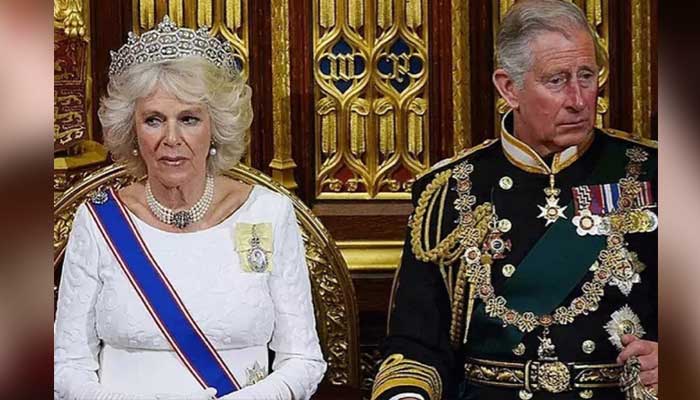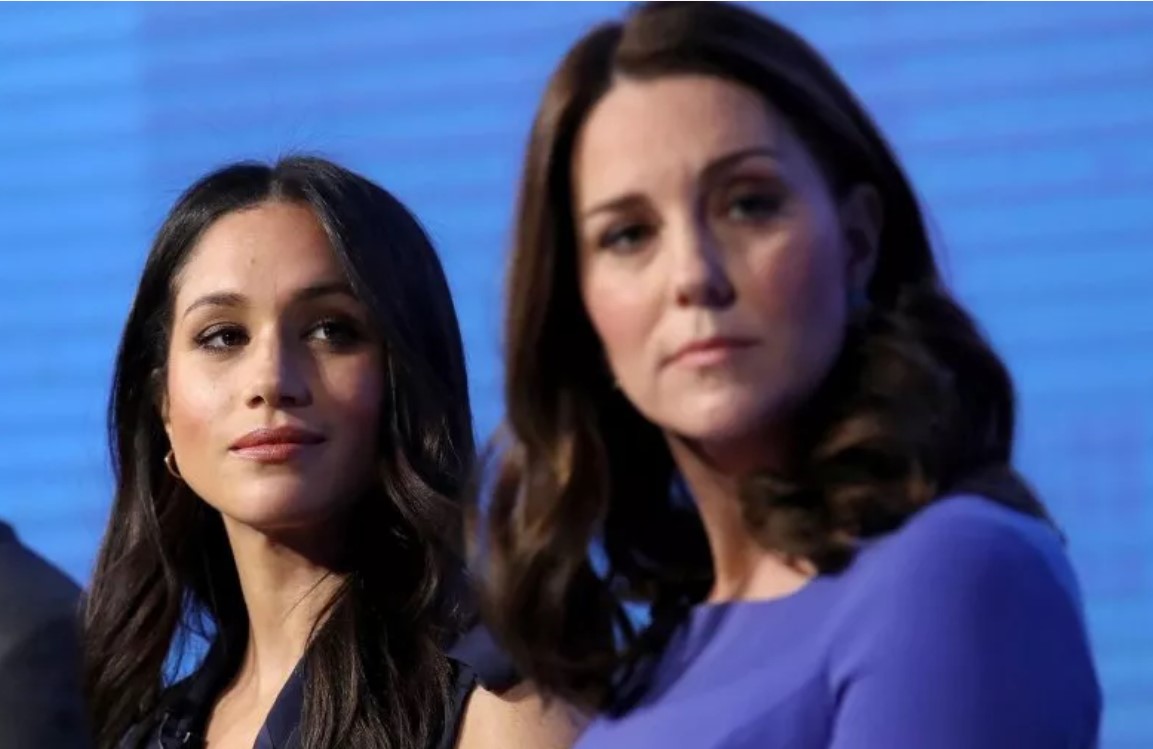The Reign of King Charles III: Navigating Relevancy, Regional Challenges, and the Future of the Monarchy

Amidst the recent coronation of King Charles III, a royal expert has issued fresh warnings, highlighting the challenges that lie ahead for the 74-year-old monarch and the royal family in maintaining the monarchy’s relevance. Richard Fitzwilliams asserts that the King will grapple with various issues, including addressing potential “disenchantment,” and the looming specter of the United Kingdom’s potential breakup as Scotland intensifies its pursuit of independence.
In a conversation with Express UK, Fitzwilliams emphasizes the need to ensure the monarchy’s continued relevance in the realm of soft power, where its influence holds great sway. He suggests that the King’s efforts may involve embarking on overseas trips to solidify global ties, while the Palace’s review of patronages will shed light on the extent of the royals’ engagements.
Interestingly, despite Buckingham Palace serving as the residence of Queen Elizabeth during her reign, Prince William and Harry’s father purportedly does not desire to make it his permanent abode. Instead, there are discussions about opening up the palace to the public for extended durations following a substantial £369 million refurbishment, funded by taxpayers. Fitzwilliams raises this as another potential concern, pondering the evolving role that royal palaces will assume in the future.
As head of the Commonwealth and the head of state in 14 countries known as the Commonwealth realms, including the United Kingdom, Charles faces the challenge of preserving the loyalty of these nations, especially as some express aspirations to transition into republics. Notably, in 2021, Barbados severed ties with Queen Elizabeth, officially becoming a republic.
Fitzwilliams emphasizes the significance Charles places on his headship and underscores the importance of retaining the loyalty of the Commonwealth realms. The intricate web of political dynamics and evolving aspirations within these countries adds an additional layer of complexity to the King’s reign.
In this uncertain landscape, King Charles III must navigate the intricacies of relevancy, regional dynamics, and the ever-evolving role of the monarchy, while seeking to preserve and enhance the significance of his headship.

